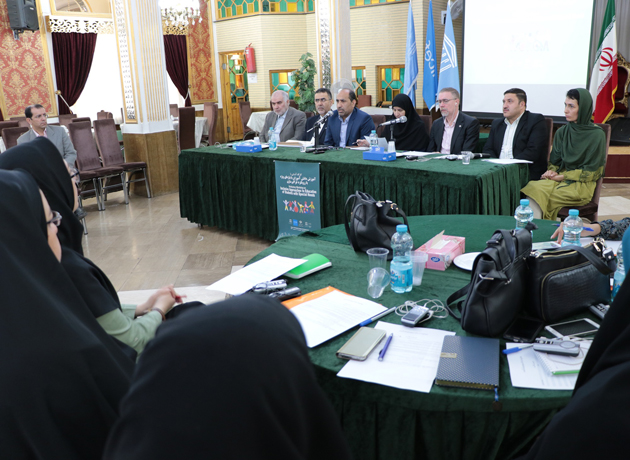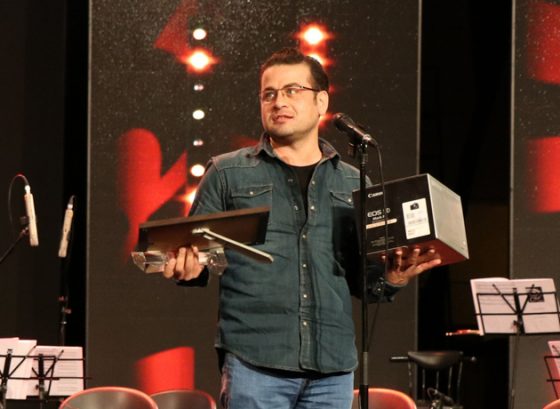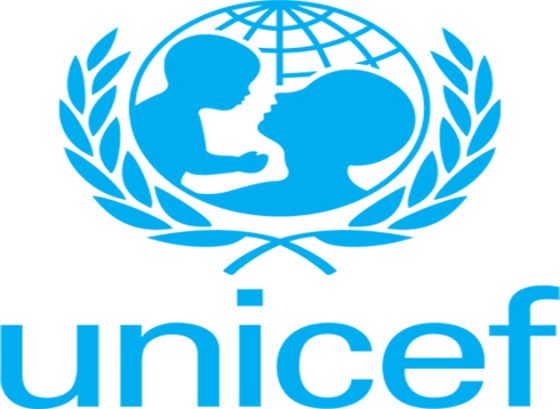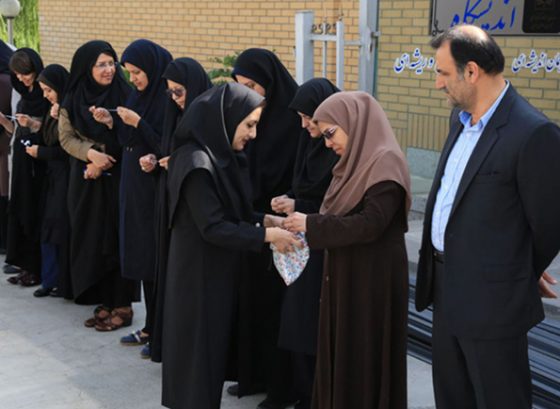UNESCO & UNICEF Support Ministry of Education in Inclusion of Students with Special Needs

The Ministry of Education of Iran with support of UNESCO, UNICEF and the Iranian National Commission for UNESCO launched a three-day workshop today in Tehran on inclusive approaches to education of students with special needs, AVA Diplomatic reports.
The workshop, which will run from 27 – 29 August 2018, aims to strengthen the capacities of teachers to recognize special needs of students, gain more knowledge and expertise in designing educational environments and classroom activities that can help children with special needs flourish, and support parents of children with special needs. More than 40 primary school teachers of regular and special schools from various provinces of the Islamic Republic of Iran are participating.
The collaborative nature of the workshop engages teacher participants in creative and participatory activities and allows them to discuss their challenges and take an active role in the design of their specific educational interventions based on the context of their school and their community.
In her opening remarks, Dr. Maryam Soltanzadeh, UNESCO Programme Officer for Education pointed out that “inclusion should take place in schools and classrooms where teaching and learning occurs. Hence, there is a need to work with individual teachers, who are the real actors of inclusive practices, in order to effectively respond to the circumstances and needs of all learners”. She then briefed the audience on Iran’s progress in providing education opportunities for all and the main challenges in dealing with developmental disorders.
Dr. Gholamreza Karimi, Head of the Centre for International Affairs and Schools Abroad of the Ministry of Education, emphasized the importance of learning from international experiences and best practices, and expressed the hope that this workshop would serve as a pilot for future events.
Dr. Will Parks, UNICEF Representative to Iran, commended the fact that inclusive education is established as a key priority in the Islamic Republic of Iran’s Fundamental Reform Document of Education, and said: “I cannot emphasize more the potential of children with special needs to contribute to their societies and develop into productive and participatory adults. And the key to unlocking that potential is inclusive education. Inclusive Education means real learning opportunities within the regular school system for children who have traditionally been excluded, such as children with disability”.
Dr. Rezvan Hakimzadeh, Deputy Minister for Primary Education, pointed out that: “just moving students from special schools to regular schools will not remove their problems. We need to first make sure that the physical, social, and academic environment of schools is adjusted to accommodate the special needs of these students. Otherwise their mixing with other students will only lead to their frustration and will be counterproductive”.
Acknowledging the efforts of the Islamic Republic of Iran in the area of Inclusive Education, Dr. Hojatollah Ayoubi, Secretary-General of the Iranian National Commission for UNESCO, highlighted the importance of showcasing these efforts to the international community. “The exchange of knowledge and innovations globally is a better contributor to development than wealth”, he said.
In the Asia and Pacific region, despite remarkable progress over the past decade, approximately 29 percent of children of primary school age, and 53 percent of lower secondary-age adolescents, are out of school. Most of these out-of-school children are children with special needs, children with disabilities, children living in extreme poverty, children in conflicts and post disasters, children from ethnolinguistic minorities, and girls.
UNESCO’s mandate to promote and support inclusive education has been set explicitly within the 1994 Salamanca Statement and Framework for Action on Special Needs Education. Since then, the organization has been actively supporting Member States in the development of inclusive education strategies.




